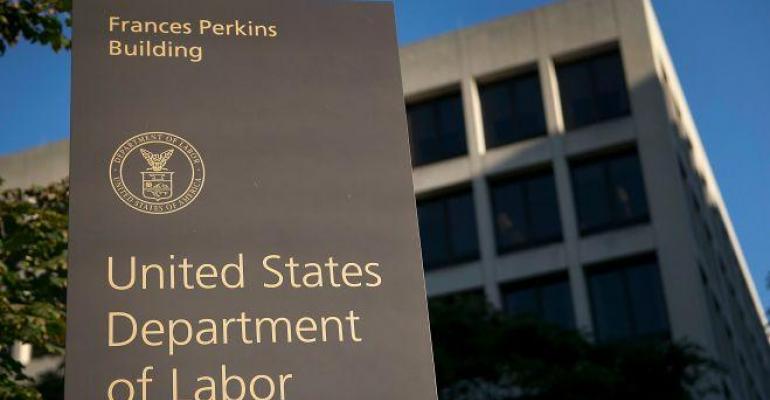The definition of a "best interests" standard for advisors that would allow for investment-related fees and some conflicted selling as long as they are disclosed to the customer are "misleading and ineffective," says a fiduciary advocate.
Ron Rhoades, a professor at Western Kentucky State University, made the claim in a comment letter to the Department of Labor as the comment period for the Obama Administration's own fiduciary proposal for advisors to retirement accounts winds down. Industry groups like the Securities Industry and Financial Markets Association, as well as Wall Street's self-regulatory agency the Financial Industry Regulatory Authority, have argued the proposal would put an unfair burden on advisors working with smaller investors, like those looking to roll over 401(k) plans into brokerage-held Individual Retirement Accounts.
“I urge policy makers, such as those in Congress and in our regulatory agencies, to not be fooled by these 11th-hour attempts to deter the expansion of true fiduciary duties,” Rhoades writes in his 65-page comment letter supporting the DOL's fiduciary proposal.
Rhoades contends the current suitability standard under which brokers operate is “nebulous and amorphous with respect to its content and parameters,” adding that it permits the “conflict-ridden sale of highly expensive, tax-inefficient and risky investment products, leaving the customer with little or no redress.”
Many of the proposed alternatives to the Labor Department’s fiduciary requirements, including those offered by FINRA and SIFMA, center on increased, simplified disclosures to customers. But Rhoades argues this is not enough to protect consumers.
“In essence, disclosure—while important—has limited efficacy in the delivery of financial services to clients. Making disclosures “simpler” does not solve the problem of their effectiveness, either,” he says. “If disclosures were sufficient, there would be no need for the fiduciary obligation.”
Despite Rhoades’ support, he recommends modifications to improve the proposal’s best interest contract exemption, which allow for advisors to operate under previously prohibited compensation structures, like commissions, if clients sign a waiver.
The current best interest contract exemption, which simply mandates disclosure, Rhoades contends, could be misconstrued to permit, over time, the “institutionalization of perverse economic incentives and conflicts.”
To offset any potential misuse, Rhoades recommends setting the bar even higher than currently proposed for advisors seeking to receive commissions and other forms of compensation. Rhoades suggests this could be achieved by requiring the adviser and firm to bear the burden of proof to demonstrate compliance with fiduciary duties in any legal proceedings.
But ultimately, Rhoades argues that allowing fiduciary investment advisers to take commissions raises a number of problems and asks the DOL to sunset the BIC exemption after five years, effectively eliminating it in the long run.
“The DOL’s new proposed definition of ‘fiduciary’ will further accelerate the already rapid change away from commissions and other third-party compensation to client-paid, professional compensation arrangements,” Rhoades says.

